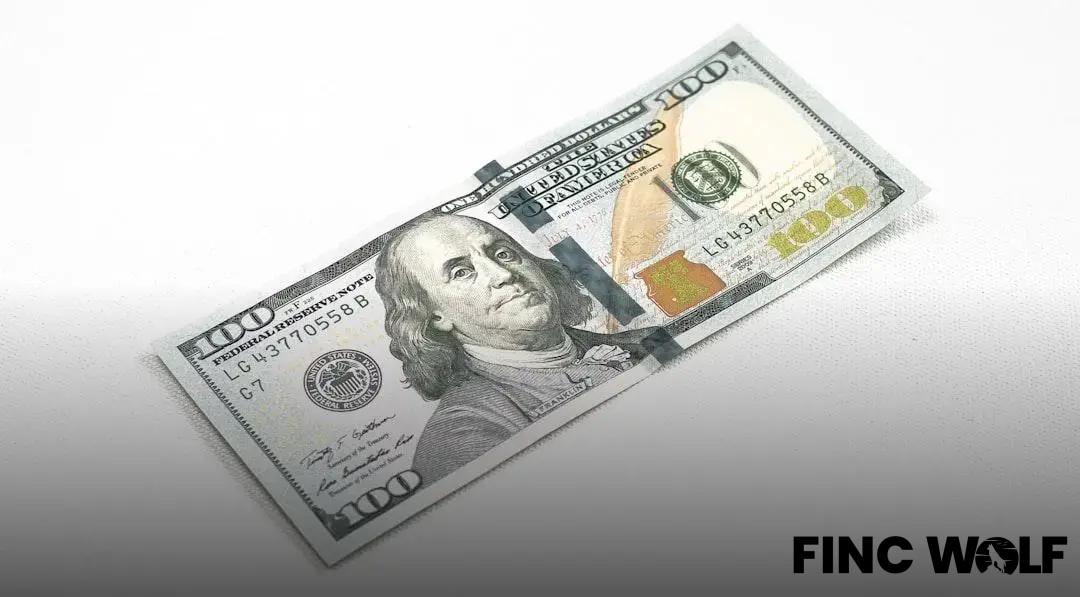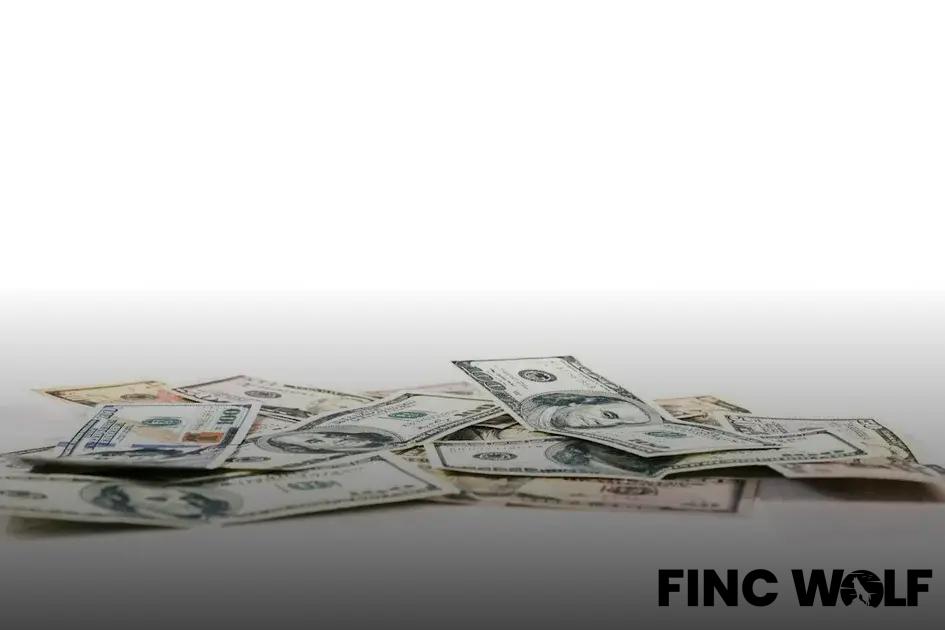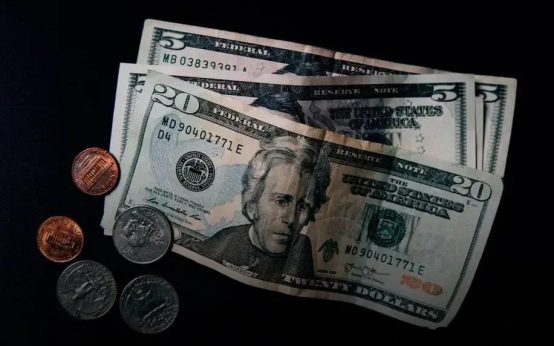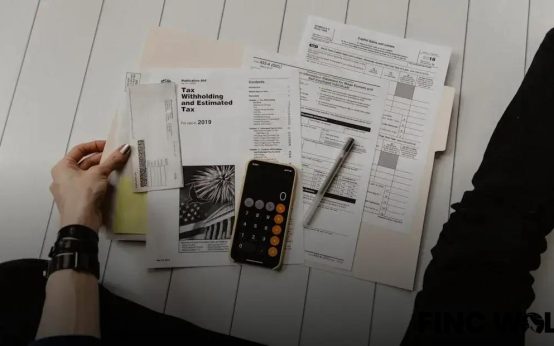Deciding between cash and credit for daily expenses can be tricky. Understanding the benefits and drawbacks of each payment method can help you make the best choice. This guide explores which option might be better suited for managing your regular outflows while maintaining financial discipline.
Understanding Cash Flow and Budgeting
Integrating cash flow management with effective budgeting ensures financial stability. For everyday expenses, it is crucial to track income and spending patterns. This involves understanding the difference between fixed and variable costs and planning accordingly.
Maintain a detailed record of all transactions, either through notebooks, spreadsheets, or finance apps. Apps can offer visual representations of your financial habits, making it easier to identify areas for improvement.
Allocate proportions of your income to essential expenses, such as rent, utilities, and groceries, while setting aside funds for emergencies and savings. This categorization can aid in pre-emptive financial planning.
When using cash, ensure that you withdraw a fixed amount weekly. It provides a tangible method to control spending. Meanwhile, budgeting involves managing credit limits wisely to prevent overspending. By understanding these principles, one can enhance budgeting efficacy. Evaluating your cash flow regularly helps build a realistic budget, ensuring aligned spending with long-term financial goals.
The Pros and Cons of Using Cash

Cash as a payment method brings its own set of advantages and challenges. On the positive side, using cash can enhance your ability to manage budgets effectively. Paying with cash allows you to feel the physical exchange of money, making it easier to stick to spending limits. There’s a stronger psychological impact when you see your money leaving your wallet, which can help curb unnecessary expenditures.
Moreover, cash transactions often save you from additional fees that might be associated with electronic payments, making it a cost-effective option. Cash is also universally accepted, meaning you won’t face any compatibility issues regardless of the vendor or location.
Security and Privacy are other strong points of cash. Transactions made with cash do not leave a digital trail, protecting your financial privacy from being tracked or hacked online.
However, there are downsides to consider. Carrying cash can lead to security risks, as it can be easily stolen or lost without recovery options. Additionally, it’s less convenient for making large payments or transactions over the internet where cash is not an option.
While cash offers a straightforward approach without the complexities of interest or credit limits, the lack of a transaction record can make tracking expenses manually challenging. This might require a more disciplined approach to maintain an accurate budget. Understanding these aspects will help you navigate the landscape of daily expenses more effectively.
The Advantages and Risks of Credit Cards
Credit cards offer several benefits, such as convenience and easy access to funds. They can help you manage cash flow by allowing you to make purchases before you have the cash available, which can be especially useful for emergencies or larger expenses. Moreover, credit cards come with fraud protection, making them a safer option than carrying large amounts of cash.
Another advantage is the potential for earning rewards and cashback. Many credit cards offer point systems that reward you for every dollar spent, which can be redeemed for travel, merchandise, or statement credits. Additionally, using a credit card responsibly can help build your credit score, opening doors to better interest rates on loans and mortgages in the future.
However, there are risks associated with credit card usage. One major risk is accruing high-interest debt. If you don’t pay off your balance each month, interest can accumulate quickly, leading to significant debt. Be aware of potential overdraft fees and late payment penalties as well, which can further add to your financial burden if not managed properly.
Using credit cards might also lead to overspending due to the illusion of having more funds than what’s available. To use credit cards wisely, ensure you set a budget and stick to it, paying your balance in full whenever possible.
How Payment Method Affects Spending Habits

The decision of using cash or credit can significantly impact your spending habits. Each payment method interacts differently with psychological triggers and spending behaviors.
When individuals use cash, they experience a tangible loss. Physically handing over money creates a sense of ‘spending pain,’ which often leads to more cautious spending. It’s harder to part with cash because you can physically see your money dwindling. This visible depletion can encourage individuals to be more frugal and deliberate with their purchases.
In contrast, credit cards provide a much different spending experience. Credit transaction processes are swift and abstract, making it easier to spend freely without immediate consequences. When swiping a card, there is a delay between the purchase and when the money leaves your bank account, which some people find less psychologically painful. This deferred payment can lead to spending more than initially planned, as the emotional impact of spending is lessened at the point of purchase.
Cognitive research suggests that using credit cards can diminish the ‘pain of paying,’ leading consumers to potentially indulge in higher amounts and frequency of purchases than when using cash. This is tied to the fact that credit card payments often feel less like spending due to the lack of immediate payment visibility, making budgeting and financial awareness less intuitive.
Judicious use of credit cards involves taking advantage of the convenience and potential reward programs they offer without falling into the trap of overspending. On the other hand, using cash can be a practical approach for those keen on maintaining traditional budgeting methods, as it visually tracks spending.
Understanding how each payment method affects your predisposition to spend can empower you to make informed decisions that align with your financial goals. It also helps in shaping an effective strategy to manage your overall budget and ensure financial discipline.
Evaluating Fees and Potential Rewards
When deciding between using cash or a credit card for everyday purchases, one crucial aspect to consider is the comparison of fees and potential rewards associated with each method. Credit cards often come with diverse fee structures, which may include annual fees, interest charges, and penalties for late payments. However, on the flip side, they frequently offer rewards such as cashback, points, or miles that can be used for travel, merchandise, or bill reduction.
Before using a credit card, it is essential to review its terms and conditions to understand if the benefits outweigh the costs. Many cards offer introductory bonuses, such as zero percent interest on balance transfers or purchases for a limited time. Additionally, higher-end cards might offer advantages like travel insurance or access to exclusive events. However, these benefits usually come with an obligatory spending threshold, and failing to meet it could result in high fees.
In comparison, cash doesn’t incur fees directly, and it is impossible to spend more than you have, which keeps you within budget. Although carrying cash doesn’t provide direct rewards, it does offer the benefit of financial discipline, helping you avoid debt and unwanted charges.
Ultimately, determining the best option for your expenses requires a careful evaluation of your financial habits, understanding both the costs of using each payment method and the potential rewards they might offer. The decision should align with your financial goals and lifestyle preferences.
Choosing the Right Method for Your Lifestyle

The choice between cash and credit greatly depends on your lifestyle and financial habits. Lifestyle factors such as spending patterns, income stability, and personal preferences play a significant role in determining the best payment method. Evaluate your spending habits: If you find yourself frequently overspending with credit cards, cash might help manage and restrict your expenses effectively.
Furthermore, consider your financial goals: If building credit is important for you, responsible credit card usage could be beneficial. On the other hand, if avoiding debt is your priority, adhering to cash payments might be more suitable. Evaluate your financial situation realistically. Those with irregular income might benefit from cash to maintain control over spending during low income periods, whereas a steady income might support credit usage with timely payments.
Additionally, think about convenience and security: In scenarios where carrying cash isn’t practical or safe, credit cards offer an easier solution. Conversely, cash might be optimal for smaller, frequent purchases to avoid accumulating small, frequent charges which can add up unnoticed on credit statements.
Making the right choice largely hinges on your ability to balance benefits against risks, ensuring it aligns well with your day-to-day living and long-term objectives.





